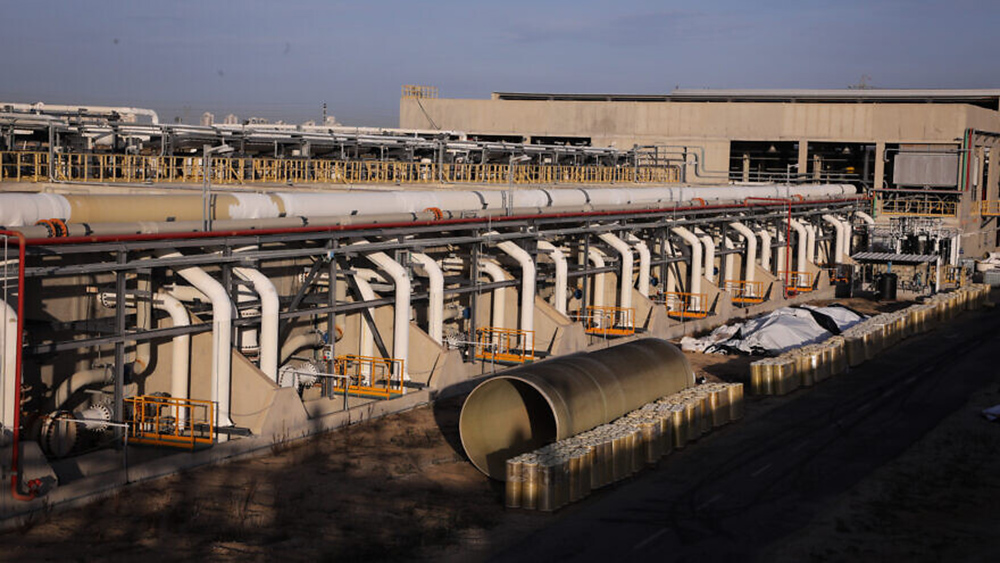The reported Israeli retaliation will give the Islamic Republic reason to think twice before launching a new cyber attack on Israeli civilian targets, according to Israeli-defense experts.
By: Yaakov Lappin
The Iranian cyber attack in early April on an Israeli water-treatment facility, designed to get computers to add too much chlorine to the Israeli water supply, represents a new phase in Iranian aggression, a former Israeli defense official has said.
Maj. Gen. (res.) Yaakov Amidror, former national security adviser to Israeli Prime Minister Netanyahu and a senior fellow at the Jerusalem Institute for Strategy and Security (JISS), told JNS on Sunday that there is no historical experience for cyber wars and their consequences, and that therefore, much caution is needed when assessing them.
According to international media reports, Israel retaliated by paralyzing Iran’s key seaport—the Shahid Rajaee port in the city of Bandar Abbas, which is a strategic hub for Iranian sea imports, exports and trafficking of illicit weapons.
“It is not possible to know whether Israel’s reported response will deter Iran, which to a certain extent has opened a “Pandora’s box’ in a cyber attack designed to harm civilians,” said Amidror.
In its attack, Iran also “placed itself at great risk,” he added.
Amidror, who is also first distinguished fellow at the Jewish Institute for the National Security of America (JINSA), said that cyber maneuvers have the potential to deteriorate into war, if the side that is attacked “feels that it has been greatly harmed, and it cannot suitably retaliate against its enemy, and therefore remains vulnerable to attacks from it.”
However, as in any difficult decision, he added, “decision-makers must also take into account whether responding to a cyber attack with a kinetic [physical] strike will succeed, and what price might be paid if the adversary also decides to respond kinetically.”
“In any case, it is best to be prepared for an enemy that absorbs a major cyber strike to try and respond with a cyber counterattack, and through other means, including kinetically,” said Amidror.
A ‘cyber winter is coming’
April’s cyber strike on Israel’s water systems was a “synchronized and organized attack” designed to harm civilian infrastructure, Yigal Unna, who heads Israel’s National Cyber Directorate, said recently.
In comments relayed by the Associated Press, Unna said that recent developments have marked the start new era of covert cyber war, warning that a “cyber winter is coming.”
“Rapid is not something that describes enough how fast and how crazy and hectic things are moving forward in cyberspace, and I think we will remember this last month and May 2020 as a changing point in the history of modern cyber warfare,” Unna told a digital international cyber conference.
“If the bad guys had succeeded in their plot we would now be facing, in the middle of the corona[virus] crisis, very big damage to the civilian population and a lack of water and even worse than that,” he added.
A Western intelligence official told the Financial Times that had the Iranian attack succeeded, it would have “triggered fail-safes that would have shut down the pumping station when the excess chemical was detected, but would have left tens of thousands of Israeli civilians and farms parched in the middle of a heatwave.”
(JNS.org)





